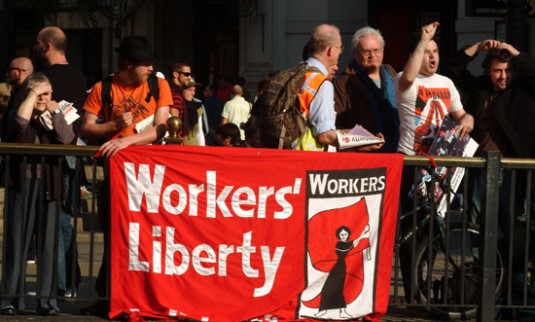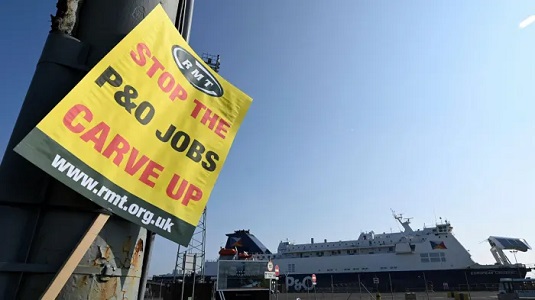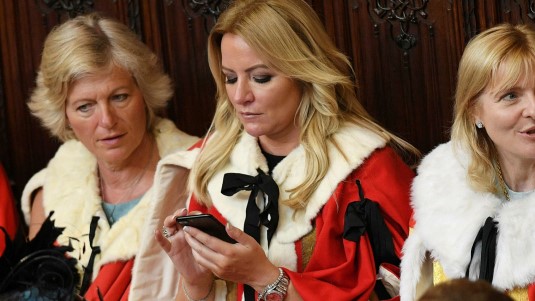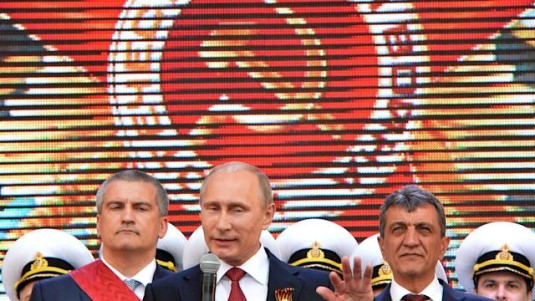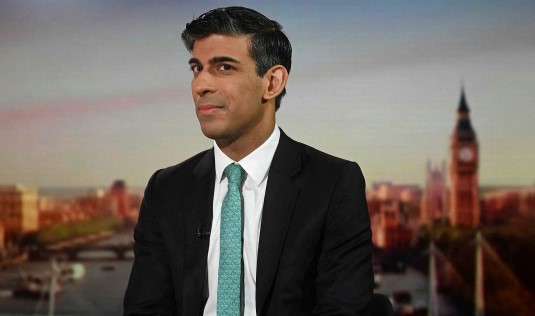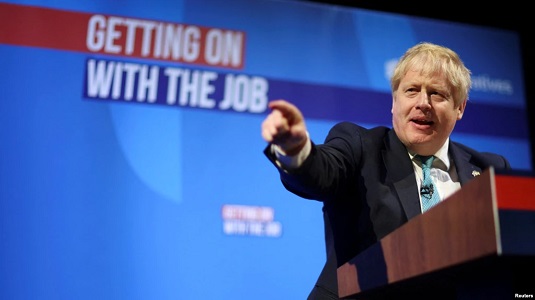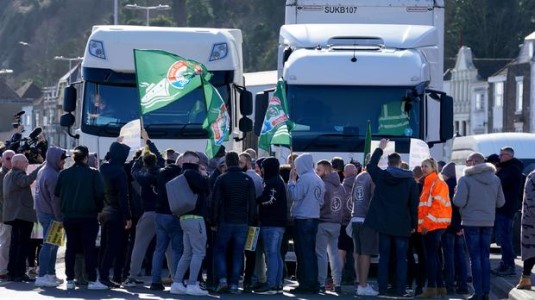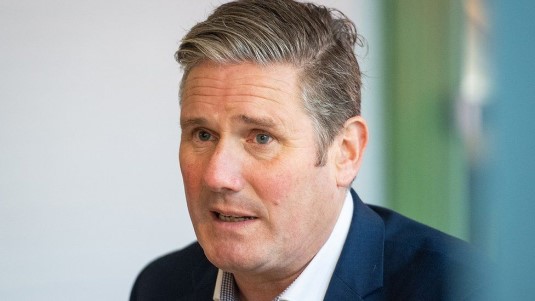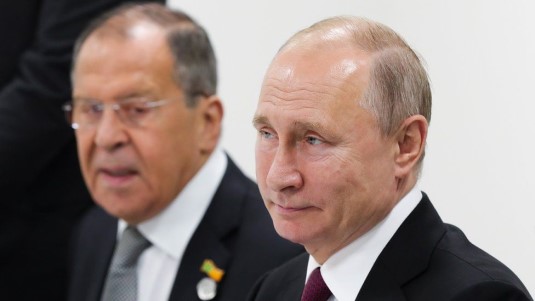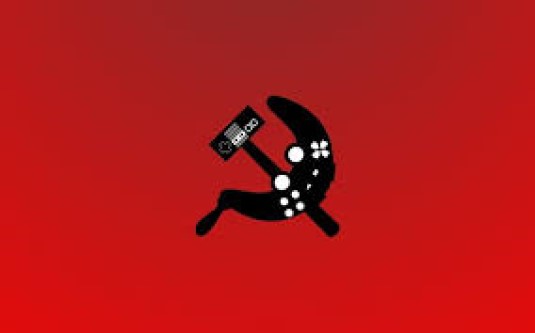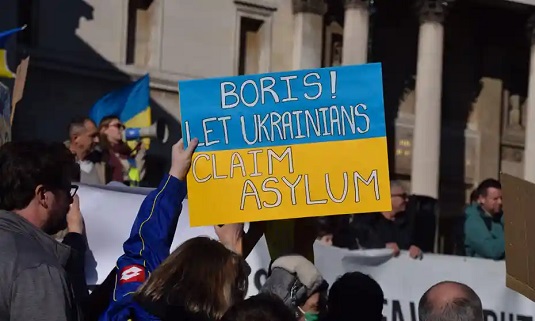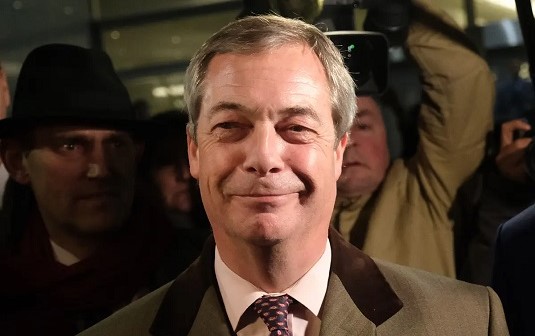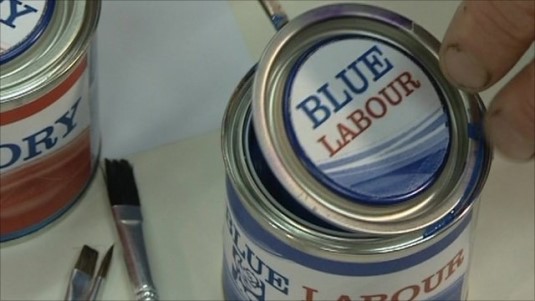
Valley of the Dolls by Jacqueline Susann
The Cultural Politics of Emotion by Sara Ahmed
Breakfast with the Borgias by DBC Pierre
Social Reproduction Theory and the Socialist Horizon by Aaron Jaffe
Blue Labour: Forging a New Politics edited by Ian Greary and Adrian Pabst
The New Working Class by Claire Ainsley
Generation Left by Keir Milburn
Rebecca by Daphne De Maurier
What is Philosophy? by Gilles Deleuze and Felix Guattari
Anticapitalism and Culture by Jeremy Gilbert
Age of Extremes by Eric Hobsbawm
The Labour Tradition and the Politics of Paradox edited by Maurice Glasman et al
Tiamat's Wrath by James SA Corey
Postmodernism and Popular Culture by Angela McRobbie
Our Boys by Helen Parr
Head, Hand, Heart by David Goodhart
Despised by Paul Embery
Variations by Juliet Jacques
Suburban Socialism (or Barbarism) by Oly Durose
The Dignity of Labour by Jon Cruddas
The French Lieutenant's Woman by John Fowles
Glancing across the list, one might notice a bit of a preoccupation concerning the number of Blue Labour and fellow traveller authors. This is preparatory reading for the next book. Just got a few more things to plough through: New Labour histories, some stuff on Catholic social thought, and the "Marxist" critiques of leftist radicalism provided by Frederick Harry Pitts before I can properly get cracking. That means commentary on this stuff is going to have to wait.
Other items worthwhile noting is Sara Ahmed's work on the sociology of the politics of emotion, which the comrades at the Always Already Podcast declared as important as Anti-Oedipus but with the added bonus of being much more readable. Why go for overly complex talk talk when straightforward sociology can walk the walk? Speaking of Deleuze and Guattari, I visited What is Philosophy? knowing it was different to their earlier, more famous books. And, sadly, I didn't get too much from it. This is where they declare philosophy as the work of concept generation, and introduce interesting notions like conceptual personae. But it just didn't grab me and came across as more a "specialist" philosophy text rather than something with wider purchase, as per their previous collaborations.
On the fiction, which is less pronounced than normal, both the Du Maurier and the Fowles are superb. Two excellent novels that I went into not knowing what to expect, beyond the fact they're both feted. And I have to give Juliet's short story collection a shout out. Wonderfully realised character studies that do a superb job of capturing the voices and experiences of trans and gender non-conforming people over the last two centuries. The stories can be playful and funny, even when suffused with tragedy and, in come cases, impending doom.
What have you been reading recently?
Image Credit
